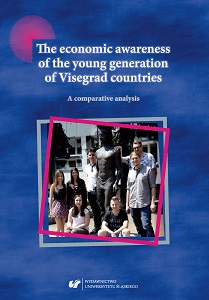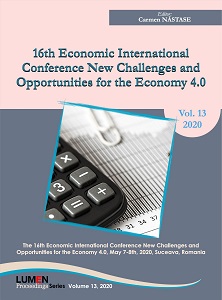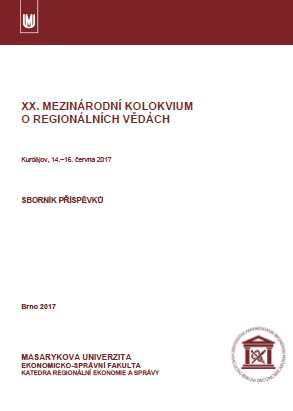
Macro-regions and territorial cohesion: a case of an integrated approach
The term “macro-region” has long been known and used in economics, political geography, and spatial planning, despite the fact that it lacks a universally accepted standard definiton. as a result, it may be employed as an umbrella term in several other contexts in addition to the ones already mentioned. at the same time, it has come to play a key role in debates and future scenarios connected to the territorial agenda of the eu in general, and the formation of the post 2013 cohesion policy framework in particular as a first step towards the creation of macro-regions, in 2009 the european council accepted the european union strategy for the Baltic sea Region as a blueprint, and on this basis, the european union strategy for the danube Region (eusdR) in 2011. The period between the development of these two strategic documents saw the launching of several new macro-region initiatives (mediterranean, north sea-english channel, adriatic-ionian) supported and coordinated by the european council and the committee of the Regions. The point of departure in creating a common descriptive framework was former commissioner in charge of regional policy pawel samecki’s discussion paper, and the noRdRegio advisory group’s working paper. as defined in these documents, the “new” macro-regions - clearly distinguishable from the “old” ones and fitted into eu cohesion policy - are contiguous, integrated, and functional units made up of regions belonging to different countries, with common challenges and a strong capacity to represent their own interests.
More...






